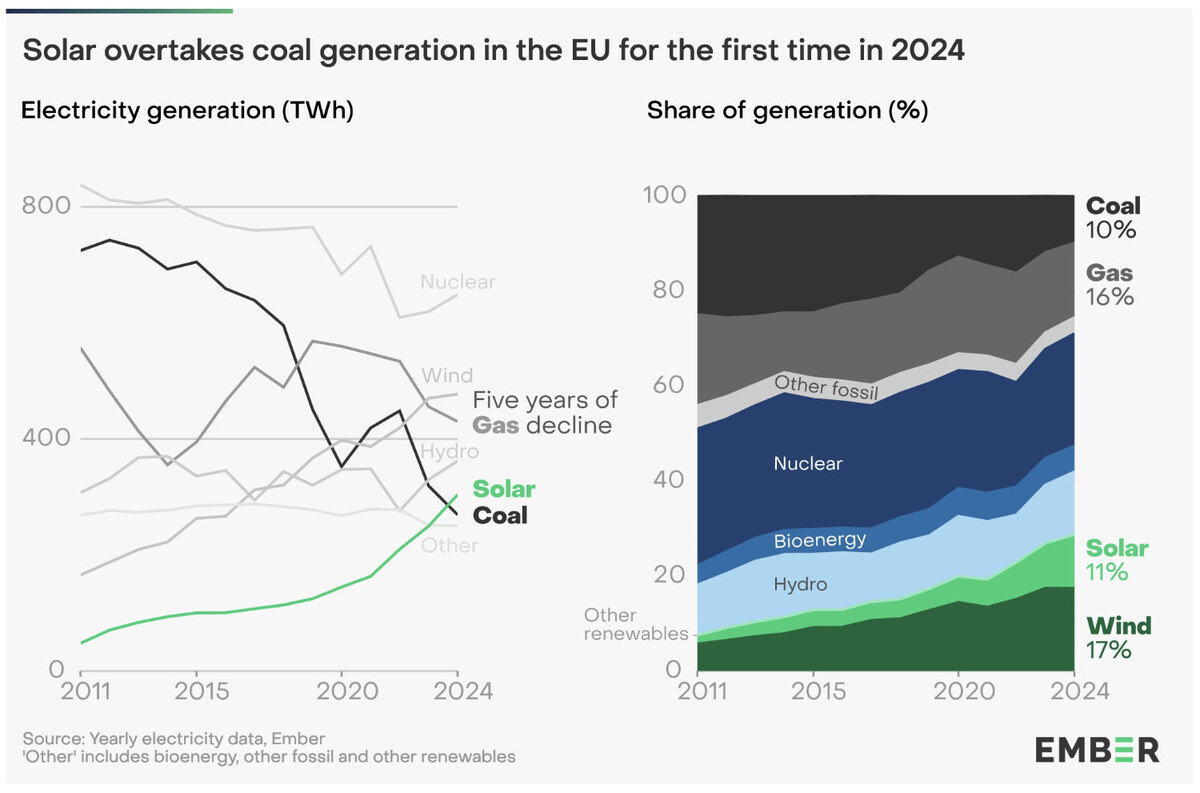LONDON: A Conservative MP in the UK has apologized after claiming that Muslim “no-go” zones exist in major British cities.
Paul Scully, who previously ran to be his party’s candidate for London mayor, made the claims as the Conservatives were engaged in a fresh row over Islamophobia.
In an interview with the BBC, Scully referenced areas of east London and Birmingham as containing “no-go areas” enforced by local Muslims “abusing their religion,” the Daily Telegraph reported on Tuesday.
“If you look at parts of Tower Hamlets, for example, where there are no-go areas, parts of Birmingham Sparkhill, where there are no-go areas, mainly because of doctrine, mainly because of people using, abusing in many ways, their religion to … because it is not the doctrine of Islam, to espouse what some of these people are saying,” he said. “That, I think, is the concern that needs to be addressed.”
Scully was responding to the recent sacking of MP Lee Anderson, who had claimed that Islamists had “got control” of London Mayor Sadiq Khan.
In a subsequent interview for BBC Radio London interview on Tuesday, Scully said he “put his hands up” for using language he “regrets.”
He added that he was “frustrated” with the language he had used in the initial interview, and that he had lost “nuance.”
Scully said: “What I was trying to say, I thought I was being specific about but clearly not, is the fact that a lot of the conversation, and the vacuum that’s allowed to then be filled by populists, is when prejudice builds up because of perception.
“There are areas of this country where there are tiny, tiny groups of people that cause people to feel uncomfortable in particular areas.
“That might be a white gang, that might be a black gang, a Muslim gang, whatever, and that then tends to write off whole communities for some people.”
Scully’s initial claims on “no-go zones” were condemned by Labour and Conservative figures representing the areas he referenced.
Andy Street, the Conservative mayor of the West Midlands, said “those in Westminster” should “stop the nonsense slurs.”
He added: “The idea that Birmingham has a ‘no-go’ zone is news to me, and I suspect the good people of Sparkhill.”
Labour’ Jess Phillips said: “As one of the MPs for Sparkhill, I am expecting an apology for this utter drivel. My kids hang out in Sparkhill day and night, never had a moment’s worry.
“I go there weekly and live literally a five-minute walk from there and used to live there myself.”
Scully also claimed that the Conservative Party did not have a problem with Islamophobia.





























